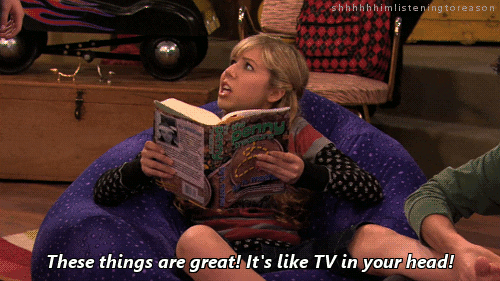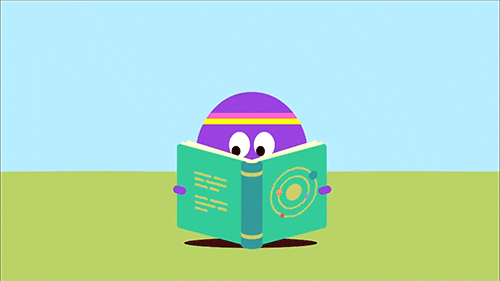At the beginning of the semester I
was very skeptical of the idea of reading in a math classroom. I knew that
reading was important in all content-areas but reading in a math class did not seem
to make sense to me at all. As the semester progressed, I was continuously
proved to be wrong. Reading in math classrooms is going to be difficult to
navigate but this class has truly made me consider how important reading in
every content-area is necessary.
One of the most influential and
valuable activities that we did this semester for me was the book clubs. It
never occurred to me to do book clubs in anything but a language arts/reading
classroom so being in a science book club was a different experience for me. It
was a good different though. Reading a young adult book about science made me think
critically about how I would facilitate book clubs in my science classroom. The
particular book I read was a good example of a book that would be best used as
a whole instead of just excerpts. The book focused mainly on two or three big
science concepts that developed over the course of the book and it would not
make much sense to read only one chapter or a few chapters. I think that book
clubs in a science classroom could be really fun. There are many science
related topics that would be fun to read about in the form of a young adult novel
or even sci-fi novels. Although it would be tough to have book clubs in a math
classroom, I think that it could be very beneficial. The only problem is that
there aren’t many math fiction novels for middle schoolers out there. The
number is going though, so maybe soon there will be more of a selection to
choose from.


One of the most valuable parts of Subjects Matter is page 30. This
is where the
Thinking
Strategies of Effective Readers are located. I was confused when we first read over
these strategies and I was skeptical as to how every effective reader used all nine
of these strategies while reading. This was only until I shuffled through my
own thinking while reading and realized I do those strategies almost subconsciously
while reading. I found myself constantly revisiting this page and these
strategies to complete many of our assignments. I think that having students consciously
shift through their own reading and see where they are using each of these
strategies would be very beneficial to their growth in reading.
Another
valuable activity that we completed this semester was brainstorming different interdisciplinary
projects. I think that one of the most influential things for a student to be
able to accomplish is it connect what they are learning to the outside world
and to their other classes. Connecting a topic or skill that they have been
learning in math to their science or social studies classroom will allow for a
few things to happen: the students will remember the information better and
more clearly, there will be a growing community between the teachers and students,
it is more engaging and fun to see the content they are learning connect with
another subject/area. I can remember the projects that crossed content with
another area that I completed in middle school still today.
This
class has made me realize that although reading in a math classroom will be difficult,
I think incorporating reading material in my math classroom will make the
content more interesting and fun. This class has also taught me that reading is
the most important skill to master. If a student comes into my math class with
a low reading skill, how should I expect him/her to be able to read and
complete a complex math problem? It is my job to help my students master their
reading skills so that everything else can come after.
Kaylie Herbert
655